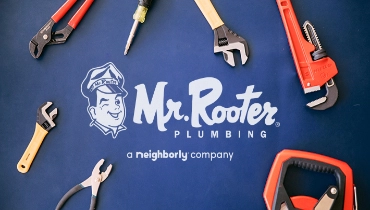Plumbing technology continues to evolve over the years. New advancements in plumbing can offer you multiple benefits, from saving
Learn moreOur Katy Plumbing Blog
Shared Resources for Your Home Needs
All Blogs
Feb 08 2019
Blog Categories
Let Us Call You
Blog Categories
About Mr. Rooter Plumbing

Since the original Mr. Rooter was founded in 1970, the company has remained committed to a set of core values that are rooted in performing quality work at honest prices. Nearly half a century later, the original Mr. Rooter business is still servicing homes and businesses in and around Oklahoma City. It’s still independently owned and operated with strong ties to the community that made it all possible.
